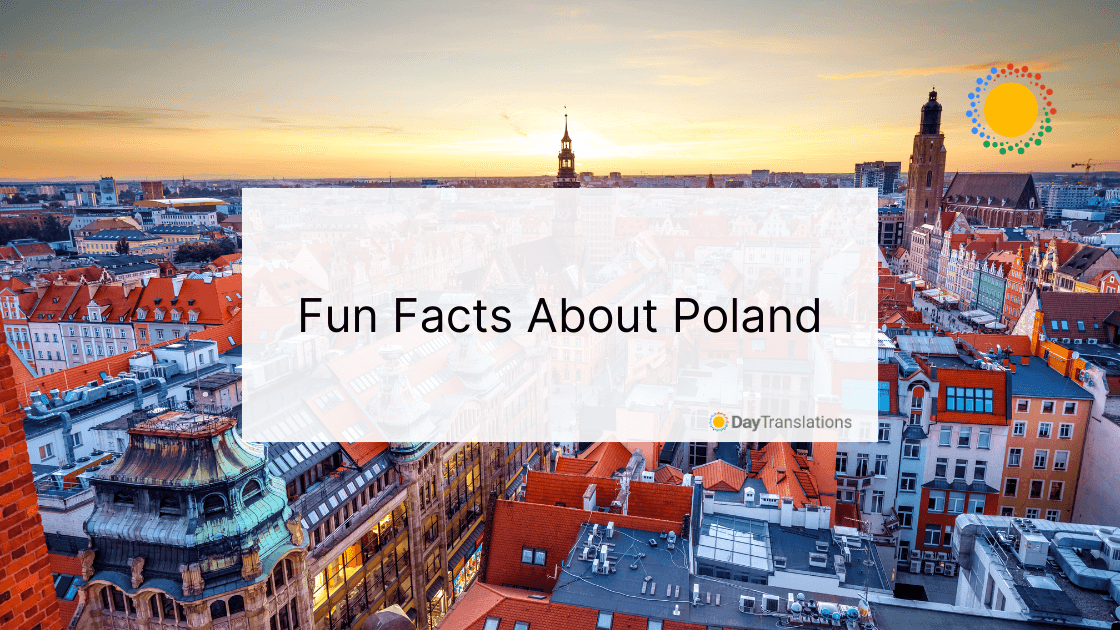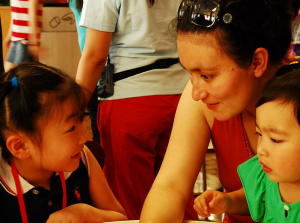Polish sausages and its favorite son, Pope john Paul II, are probably the first things that come to mind when thinking about Poland. However, there’s so much more about Poland than meets the eye.
Poland is located in Europe and bordered by Slovakia, Germany, the Czech Republic, Belarus, Ukraine, Lithuania, Kaliningrad Oblast, and the Baltic Sea. With all these neighbors, it’s not surprising that Poland is a highly diverse country with various ethnic groups calling Poland their home, including Silesians, Belarusians, Germans, Ukrainians and Kashubians.
It’s big
With a land area of 312,685 square kilometers, it is the 9th largest country in Europe. It is also the world’s 69th largest country. About 39 million Polish call the country their home, placing it as the 34th most populated country in the world.
Almost a third of the land is densely covered with lush green forests. Poland is the 4th most forested country in all of Europe, and there are 23 National Parks in the country, the largest being the Biebrza National Park.
It’s got a good economy
Poland’s economy is one of the strongest among post-communist countries. Almost 40% of the 500 largest companies in the region are based in the country. Its economy is the 6th largest in Europe, ahead of the Netherlands.
The culture is amazing
Poland suffered much destruction during World War II, especially the capital of Warsaw. However, many of its heritage sites have been preserved, with 14 UNESCO World Heritage sites in the country. The oldest town in the country is Kalisz, dating back to the time of Ptolemy.
The city of Krakow was deemed the European Capital of Culture in 2000. This was the seat of Poland’s Golden Age and where many Polish kings were crowned. Another Polish city, Wroclaw, is set to be named a Capital of Culture in 2016.
No wonder Poland is the 19th most visited country in the world.
Potatoes and beets
Poland is a leading producer of sugar beets and triticale. It is also a top producer of potatoes and rye in the region..
No need to wear a watch in Krakow
A trumpeter plays a bugle on top of the tower of the main square by St. Mary’s Basilica every hour. This practice dates back to when the city needed warning from various attacks. In the 13th century, the bugler warned the city of the impeding attack of the Tartar warriors. The city was saved but the man was shot with an arrow, cutting off his bugle call. To this day, a broken tune played hourly, in memory of the event.
Great Poles
Nicolas Copernicus proposed the sun as the center of the solar system, while Johannes Hevelius made the earliest published maps of the moon. Pope John Paul II hails from Poland while Adam Mickiewicz is recognized as the Polish Shakespeare. The country has also produced 17 Nobel Prize winners.












Sorry, the comment form is closed at this time.